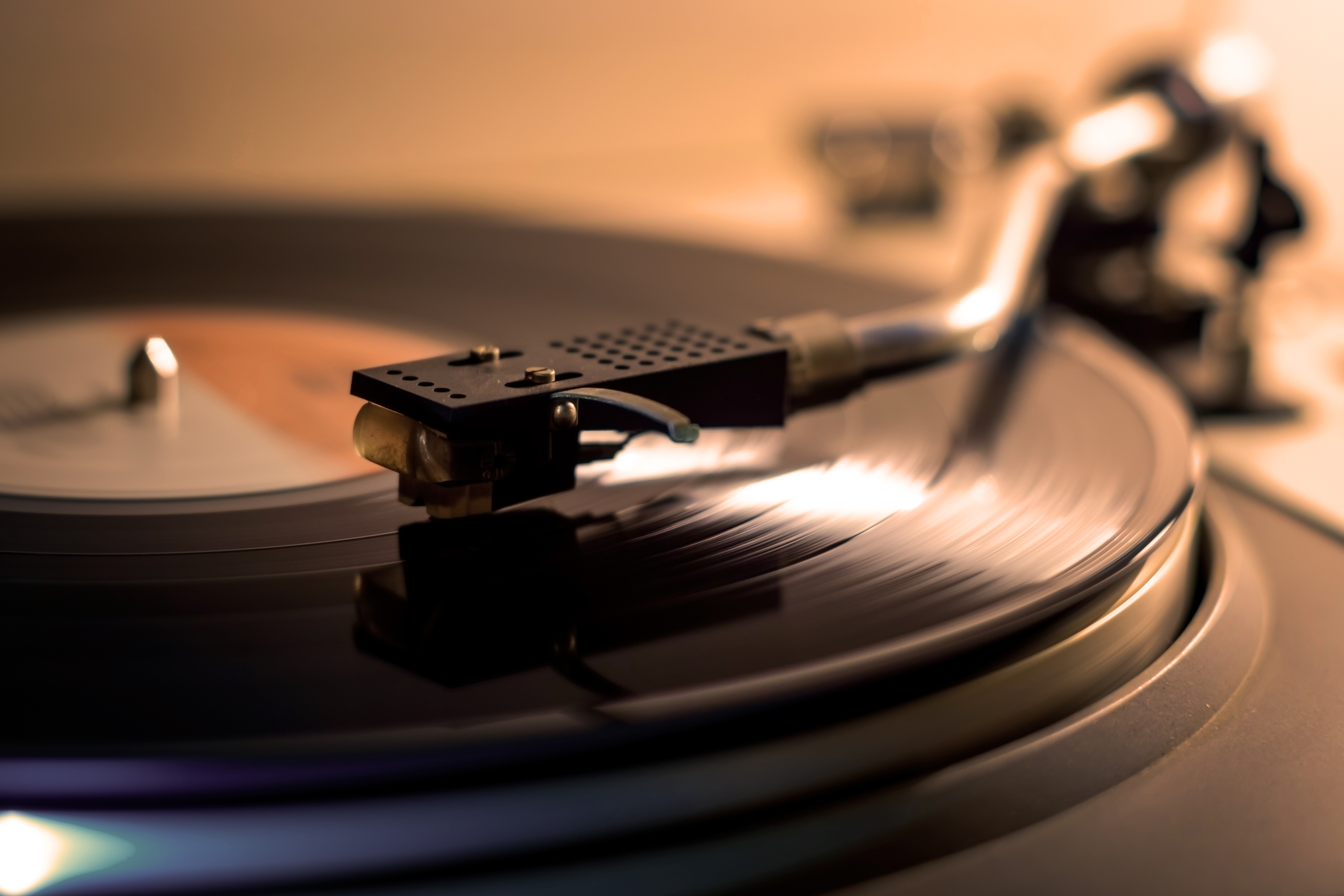Classics Protection and Access Act
The Classics Protection and Access Act, Title II of the Orrin G. Hatch–Bob Goodlatte Music Modernization Act, brings pre-1972 sound recordings partially into the federal copyright system. The legislation created a new chapter 14 of the copyright law, title 17 United States Code, which, among other things, extends remedies for copyright infringement to owners of sound recordings fixed before February 15, 1972 (“Pre-1972 Sound Recordings”) when the recordings are used without authorization. The new chapter includes several limitations and exceptions to the eligibility for these remedies and related administrative procedures, which are addressed below.
Term
The federal remedies for unauthorized use of Pre-1972 Sound Recordings shall be available for 95 years after the year of first publication of the recording, subject to certain additional periods. These periods provide varying additional protection for Pre-1972 Sound Recordings, based on when the sound recording was first published:
- For recordings first published before 1923, the additional time period ends on December 31, 2021.
- For recordings first published between 1923-1946, the additional time period is 5 years after the general 95-year term.
- For recordings first published between 1947-1956, the additional time period is 15 years after the general 95-year term.
- For all remaining recordings first fixed prior to February 15, 1972, the additional transition period shall end on February 15, 2067.
Limitations and Exceptions
The legislation applies relevant existing Title 17 limitations on exclusive rights and limitations on liability to uses of Pre-1972 Sound Recordings, including sections 107 (fair use), 108 (libraries and archives), 109 (first sale), 110 (certain public performances), 112(f) (certain ephemeral copies) and 512 (safe harbor provisions for online service providers).
Statutory Licensing
The new law also applies a statutory licensing regime similar to that which applies to post-1972 sound recordings, e.g., the statutory licenses for non-interactive digital streaming services, including Internet radio, satellite radio, and cable TV music services.
Statutory Damages
Rights owners may be eligible to recover statutory damages and/or attorneys’ fees for the unauthorized use of their Pre-1972 Sound Recordings if certain requirements are met. To be eligible for these remedies, rights owners must typically file schedules listing their Pre-1972 Sound Recordings (“Pre-1972 Schedules”) with the Office, which are then indexed into the Office’s public records. The filing requirement is designed to operate in place of a formal registration requirement that normally applies to claims involving statutory damages. The remedies are only available for unauthorized uses of a recording that have occurred more than 90 days after such a schedule has been indexed. For more information on filing schedules for Pre-1972 Sound Recordings see the Pre-1972 Schedules instruction page.
Note that in cases where a transmitting entity has filed a valid and timely notice of contact information, a rights owner may be eligible to obtain statutory damages and/or attorneys’ fees only after sending the transmitting entity a notice stating that it is not legally authorized to use the Pre-1972 Sound Recording, and identifying the Pre-1972 Sound Recording in a schedule conforming to the requirements set forth in the interim rule.
The public may subscribe to the Copyright Office’s weekly email notification regarding Pre-1972 Schedules indexed into the public records of the Copyright Office.
The Copyright Office maintains a database of indexed Pre-1972 Schedules.
Filing of Contact Information for Transmitting Entities
A recently issued interim rule establishes the form, content, and procedures for the filing of contact information by any entity that, as of October 11, 2018, was performing a sound recording fixed before February 15, 1972, by means of a digital audio transmission. Contact information must be filed by April 9, 2019.
The Copyright Office maintains an online directory of notices of contact information filed with the Office.
Noncommercial Uses
The legislation also establishes a process for lawfully engaging in noncommercial uses of Pre-1972 Sound Recordings that are not being commercially exploited. To qualify for this exemption, a user must file a notice of noncommercial use after conducting a good faith, reasonable search, and the rights owner of the sound recording must not object to the use within 90 days.
The Copyright Office published a final rule regarding specific steps that a user should take to demonstrate she has made a good faith, reasonable search.
